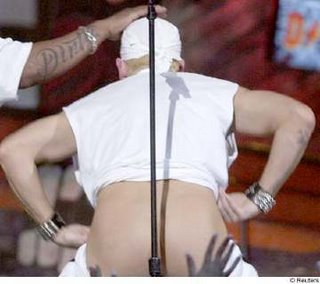
The Struggle Within
By THOMAS B. EDSALL
Published: November 25, 2006
washington
Can the Democratic Party become fully competitive? Is American liberalism dead, the 2006 election a last twitch of life before rigor mortis sets in? The answer to both questions is yes. (More on this next week.)
For the Democratic Party to revive, major tenets of American liberalism, economic and sociocultural, will have to be discarded. The party can join Studebaker and the Glass Bottle Blowers union, it can trudge along as No. 2, or it can undergo a painful transformation — without guarantee of success.
To stay in the fight, Democratic leaders will have to acknowledge political realities affirmed by the electorate in 1994 and 2006. Many Democratic constituencies — organized labor, minority advocacy organizations, reproductive- and sexual-rights proponents — are reliving battles of a decade or more ago, not the more subtle disputes of today. Public sector unions, for example, at a time of wide distrust of government, are consistently pressing to enlarge the state. For these players, adapting to a re-emergent center will be costly.
Democrats won on Nov. 7 by carrying a 59 percent majority of independent, moderate voters angered by the Iraq war and Republican corruption. These voters demonstrated 12 years ago that they can easily turn against Democrats.
An example of the reality that Democrats refused to face the last time they had a shot at consolidating power materialized during the fight to pass Clinton’s 1994 Omnibus Crime Bill, legislation that sought to burnish the party’s justice credentials by increasing the number of felonies subject to the death penalty. Instead, amendments added to win support from the left — most visibly, $40 million for midnight basketball leagues — caught fire on conservative talk radio, spread to the establishment media, and soon became a liability.
When Democrats bend to the will of liberal interest groups, even in pursuit of laudable goals, the damage to the party’s credibility can be devastating. President Clinton succumbed to such pressure, and Democrats in the House and Senate paid the price. Democrats now have a chance to regain public trust, but even a minor miscalculation can push the party off the tightrope. Its House majority is tenuous: 17 of the new Democrats represent districts that voted for Bush in 2004 by at least 54 percent, according to the political scientist Gary Jacobson.
The public will desert Democrats placing a disputed cultural or spending agenda above the broader public interest. This is especially true at a time of extreme uncertainty: lethal struggle in the Mideast, nuclear proliferation, mounting skepticism toward free trade, and a rising non-marital birthrate — now at 37 percent — that concerns moderate voters.
What an asshole.
First of all Dems won in conservative districts not only on the war but on social justice issues. People are going backwards economically and to ignore that is to ensure defeat.
After a record change in the House, Senate and governorships, the first thing that Tom Edsall says is ignore your base.
Despite the fact that the GOP base got a anti-contraception doctor as head of family planning, the Dems are supposed to seek a mythical middle and not press for anything too demanding?
So South Dakota didn't just affirm abortion rights? Didn't Arizona just defeat an anti-gay marriage bill?
After a striking Democratic victory, he asks if liberalism is on it's death bed
No comments:
Post a Comment